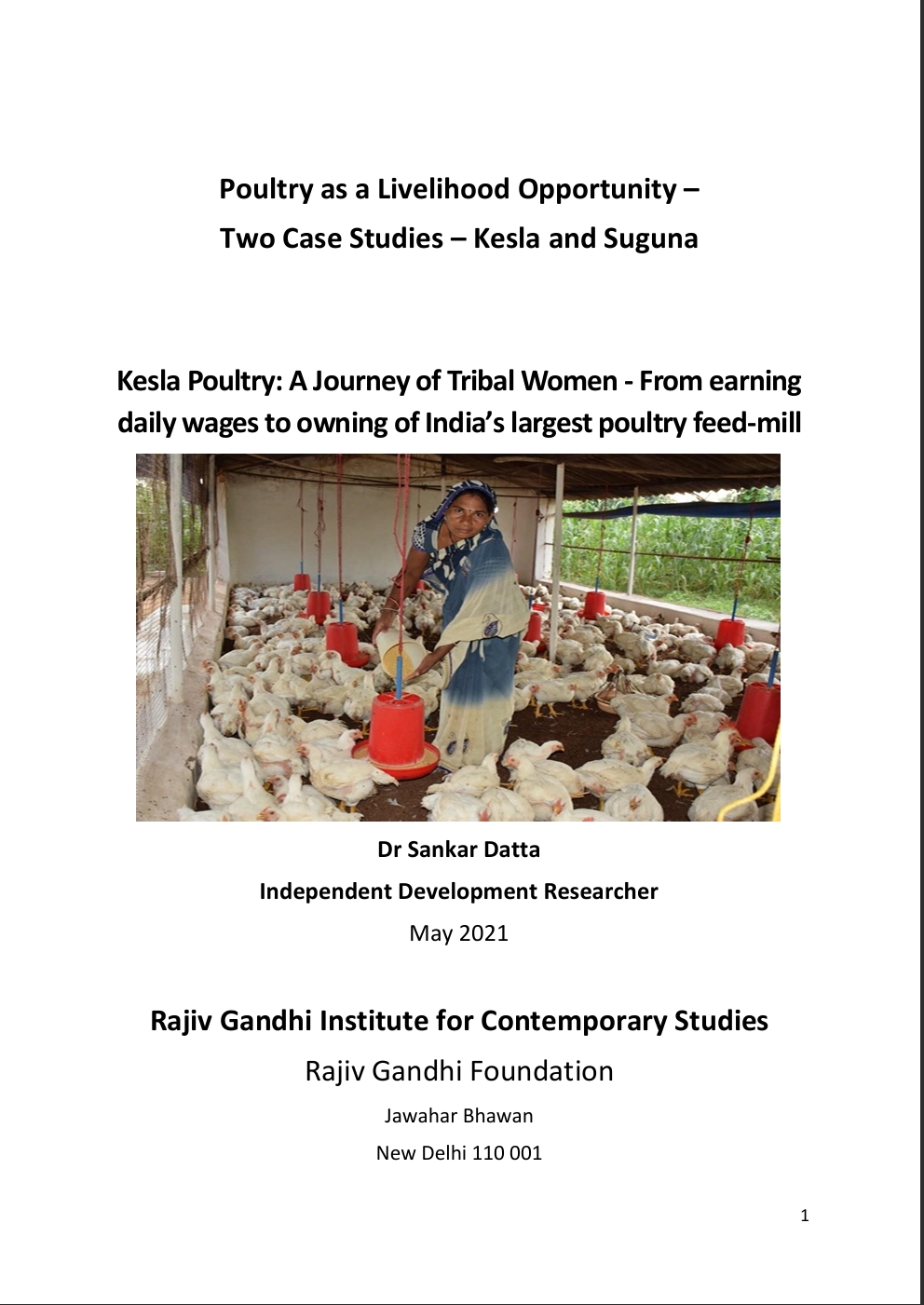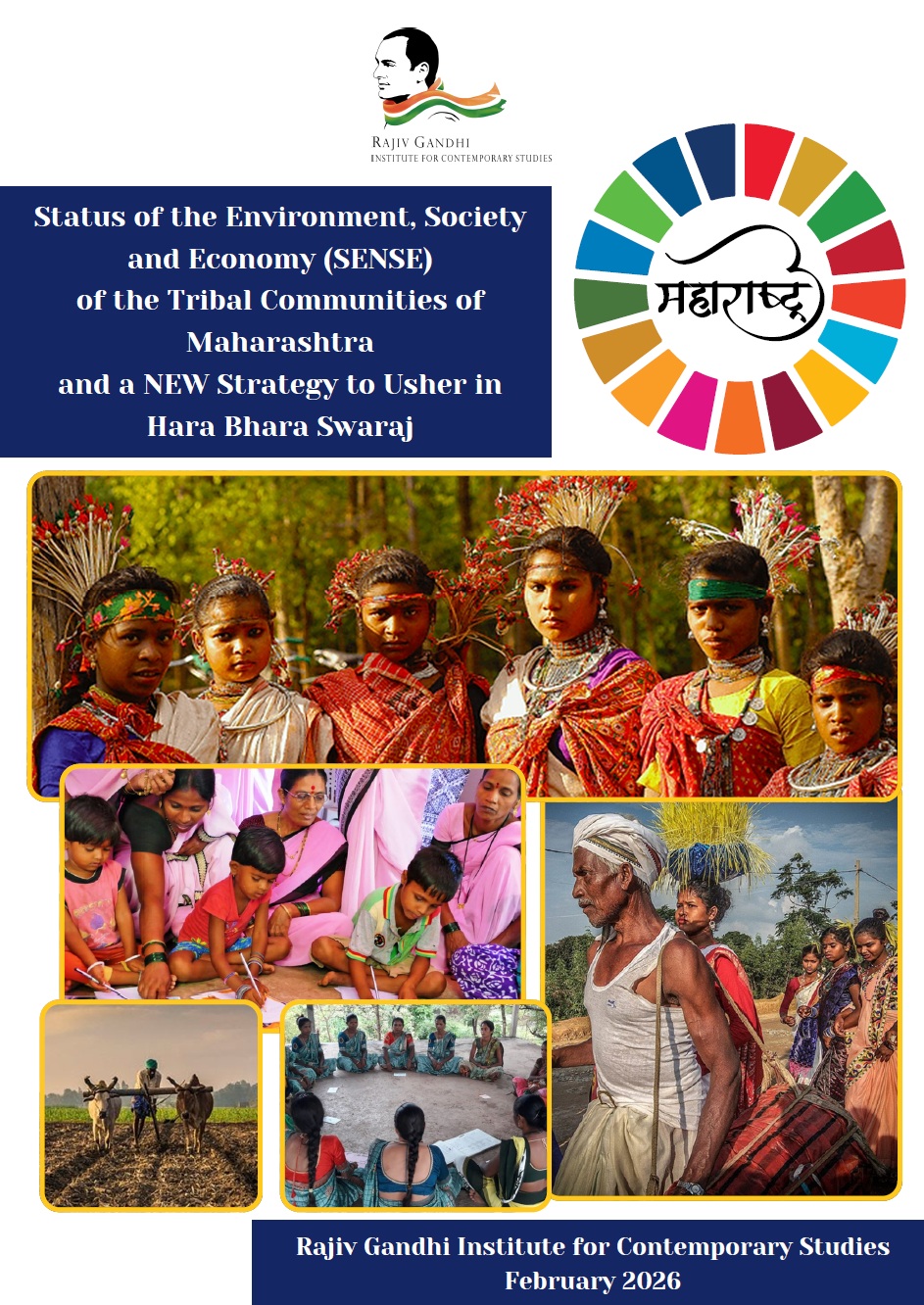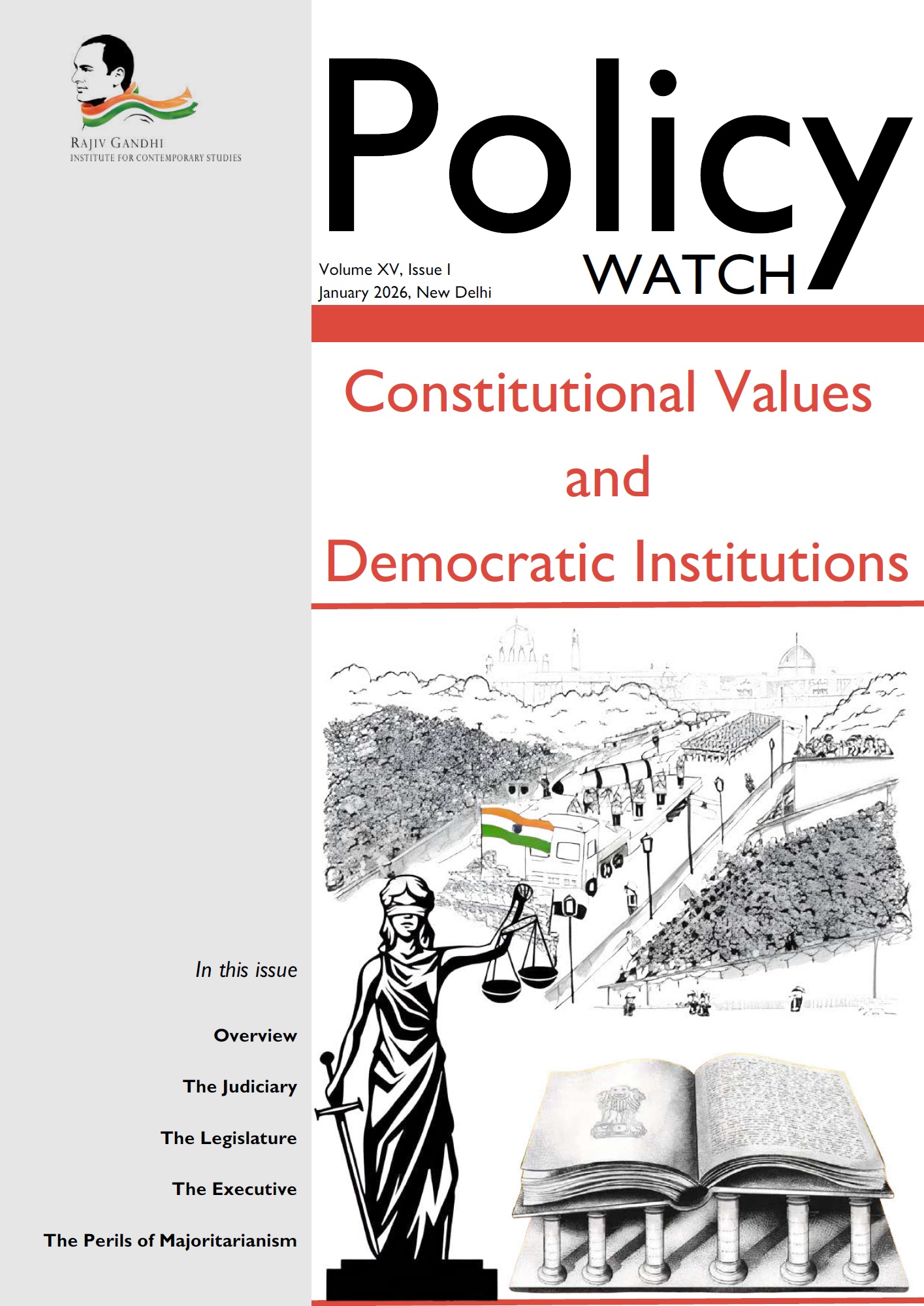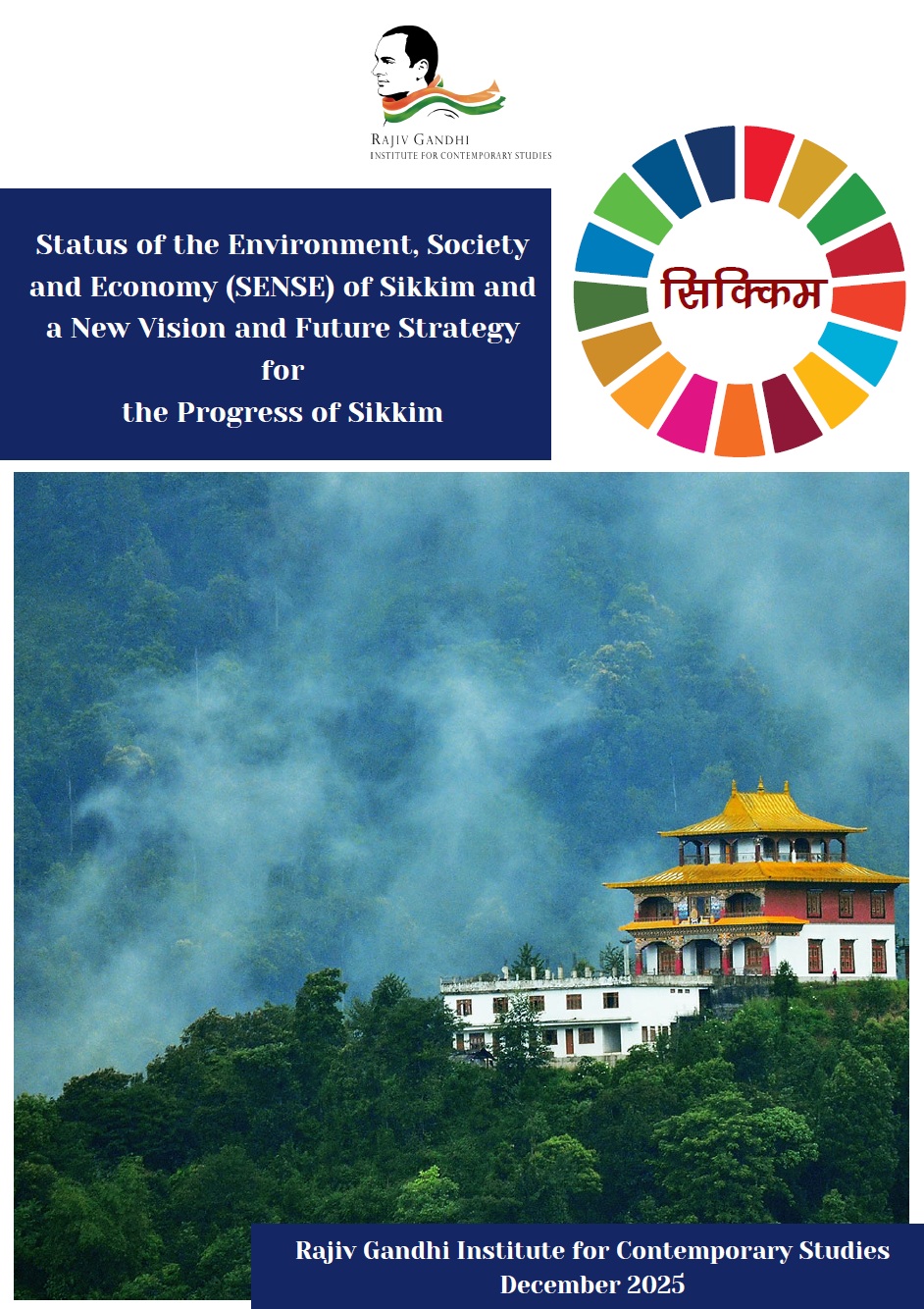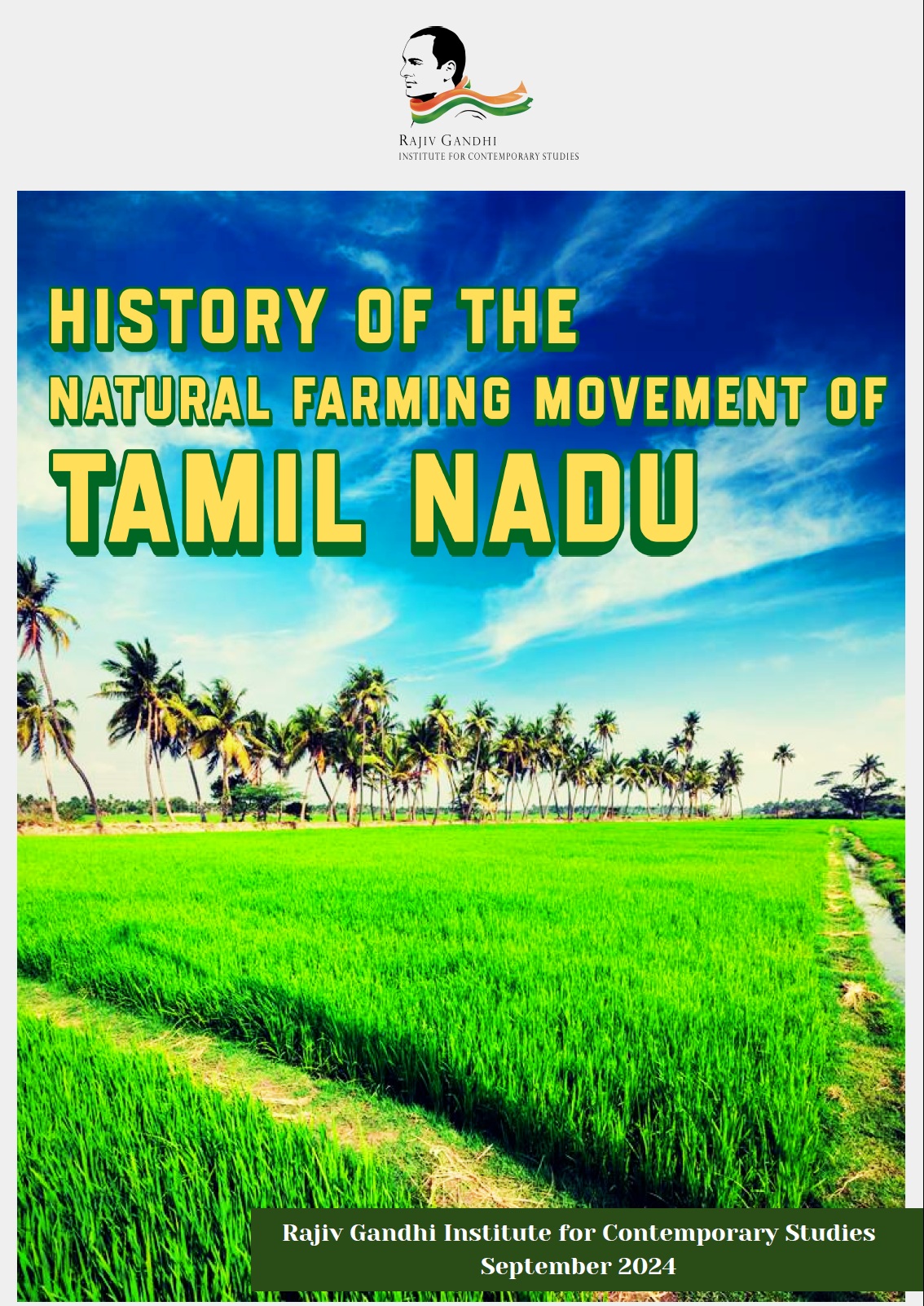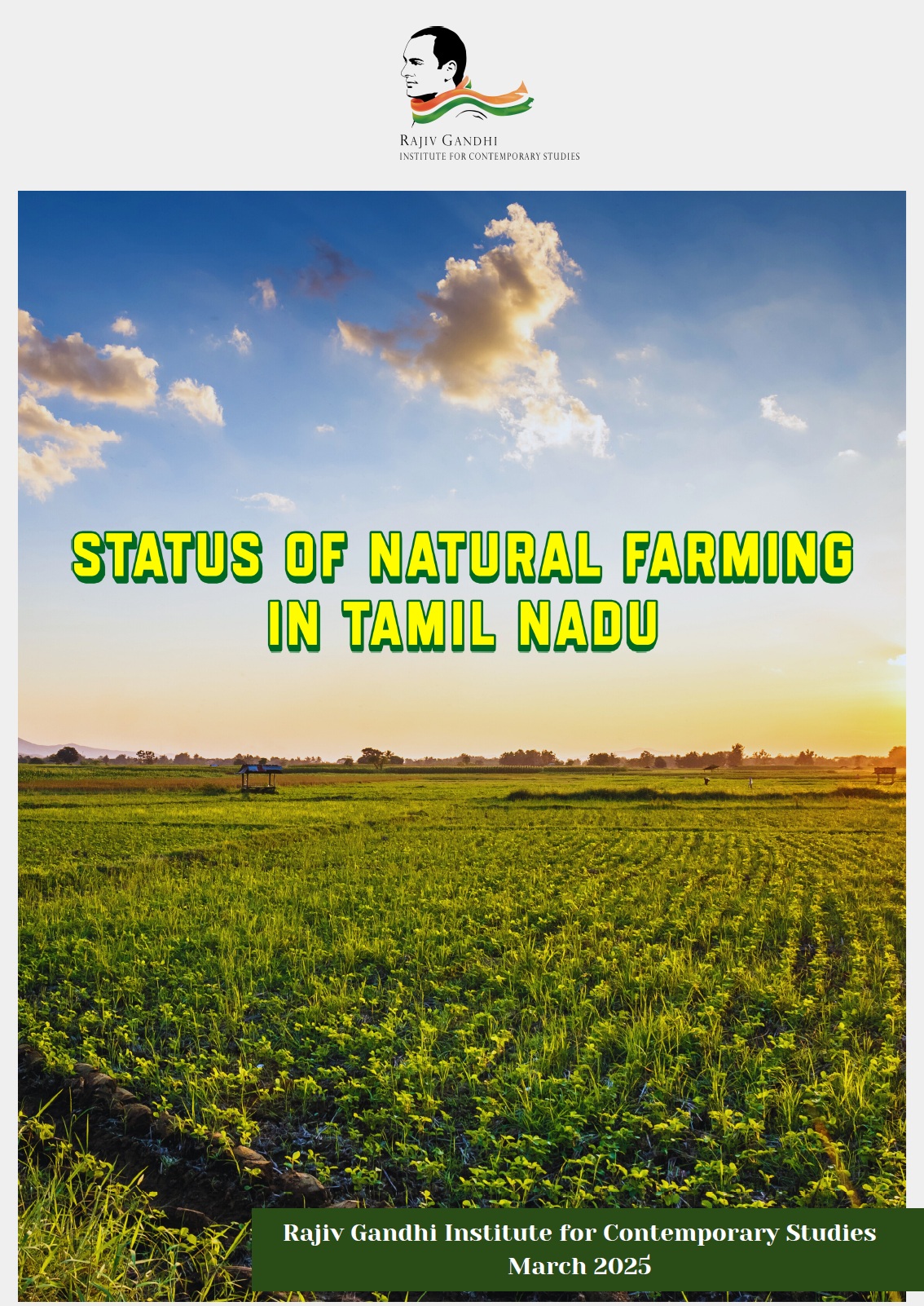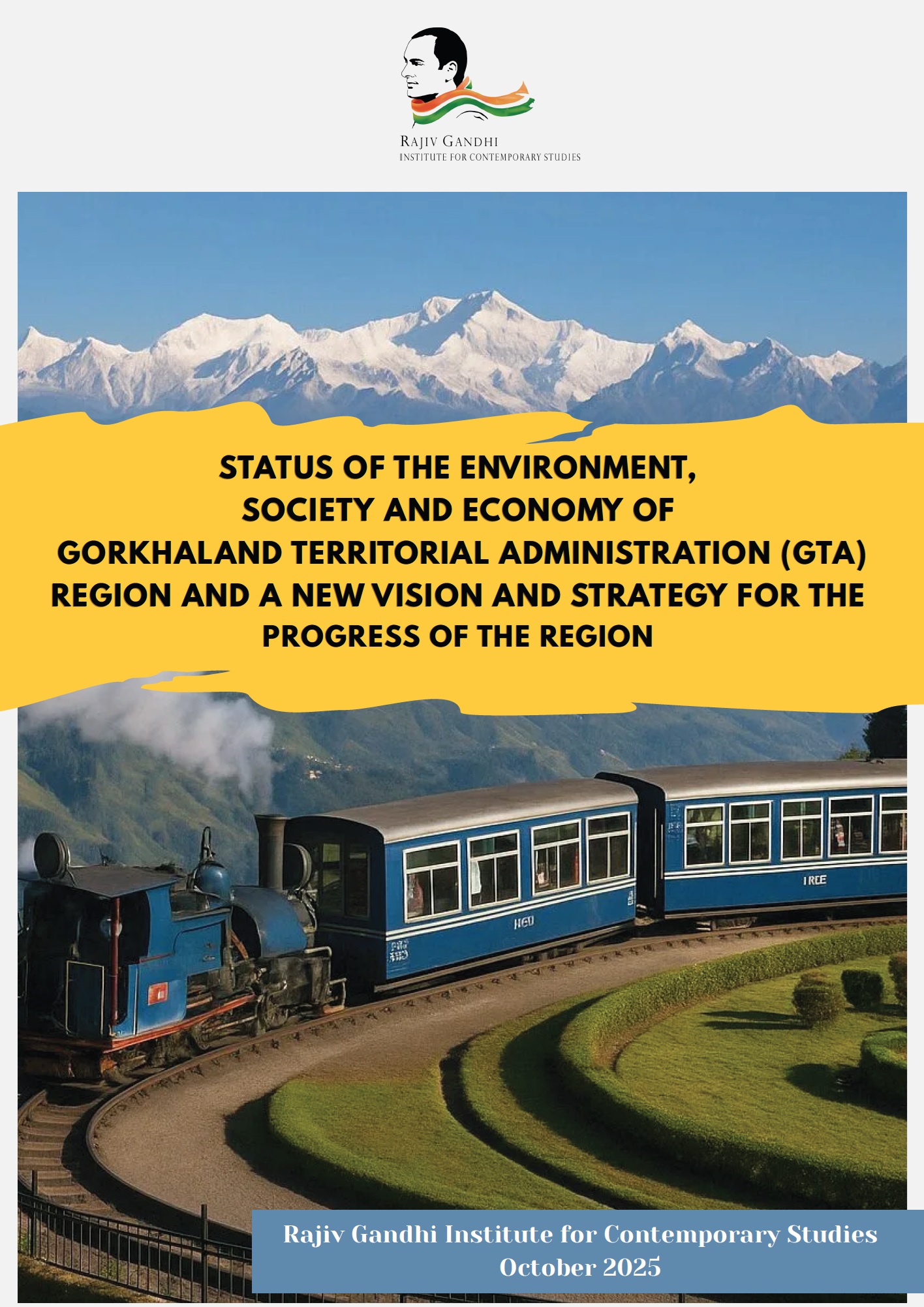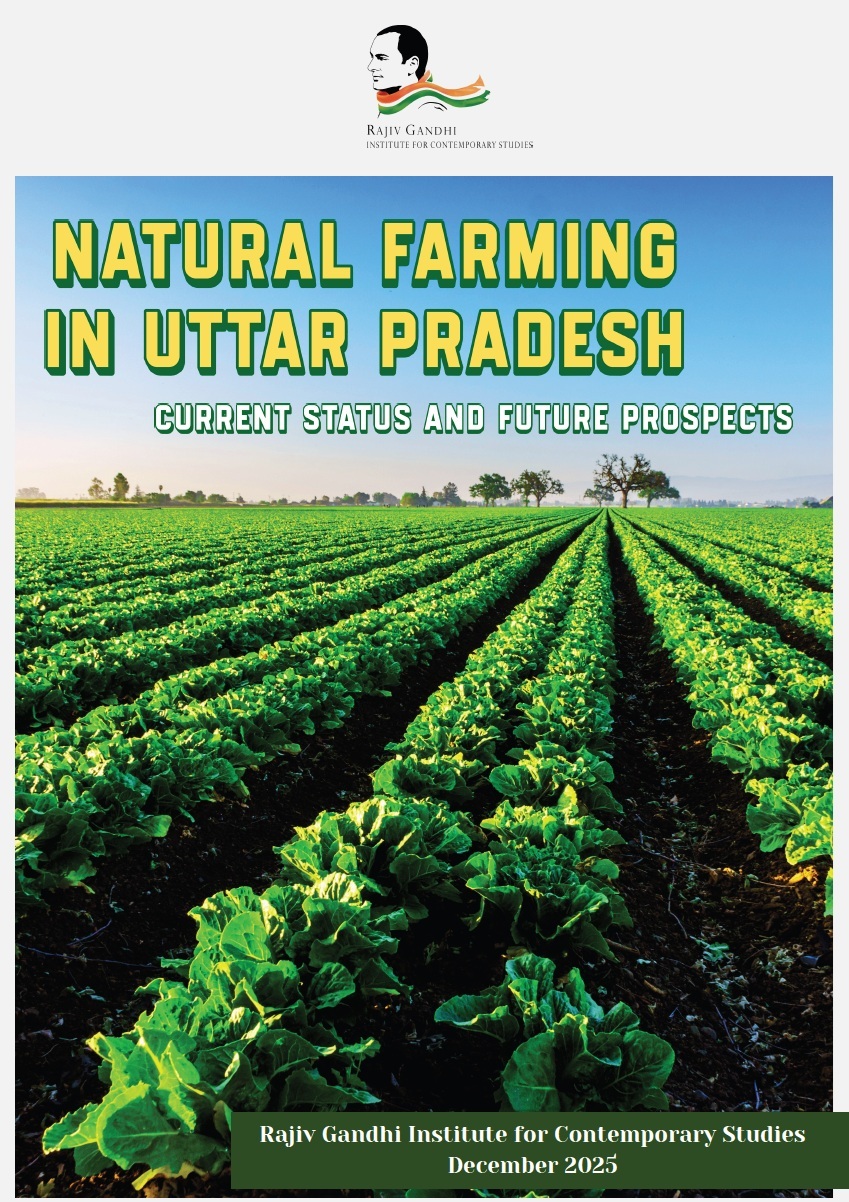The Kesla Poultry story is a powerful example of how small efforts can create big changes. What started as a simple idea—helping tribal women earn a stable income -has turned into one of India’s largest poultry cooperatives. These women, once daily wage laborers, now run a multi-million-rupee business, proving that financial independence can change lives. Despite facing challenges like market barriers, lack of training, and financial struggles, the Kesla model has grown into a sustainable success story. Compared to corporate-led models like Suguna Foods, which work with middle-income farmers, Kesla focuses on small-scale, community-driven farming, making it ideal for poor households.
Back in the 1980s, an NGO called PRADAN introduced poultry farming as a livelihood option for tribal women in Madhya Pradesh. Initially, they reared a few backyard chickens, but with training, support, and market access, their small farms grew into a full-fledged business. Today, thousands of women are part of the Madhya Pradesh Women’s Poultry Producers Company Ltd. (MPWPCL), which helps them get access to good-quality feed, veterinary care, and guaranteed buyers for their chickens. This means they can earn consistently without worrying about market fluctuations.
The journey wasn’t easy. High poultry mortality, resistance from big market players, and limited financial resources were major obstacles. But through better training, efficient feed management, and collective decision-making, the cooperative found its way forward. Setting up its own feed mill and hatchery gave the women more control over costs and quality, strengthening their business.
With annual earnings increasing by ₹40,000–₹50,000 per woman, this initiative has reduced migration, improved health awareness, and given women greater decision-making power in their families. Now expanding to other states, the Kesla model is a shining example of how collective action can create lasting change.
Keywords: Poultry Cooperatives, Tribal Women Empowerment, Livelihood Opportunity, Market Linkages, Institutional Development, Financial Sustainability, Smallholder Farmers, Backward Integration, Economic Inclusion, Entrepreneurship, Kesla, Madhya Pradesh, PRADAN
Poultry as a Livelihood Opportunity: Two Case Studies – Kesla and Suguna
Send download link to:

